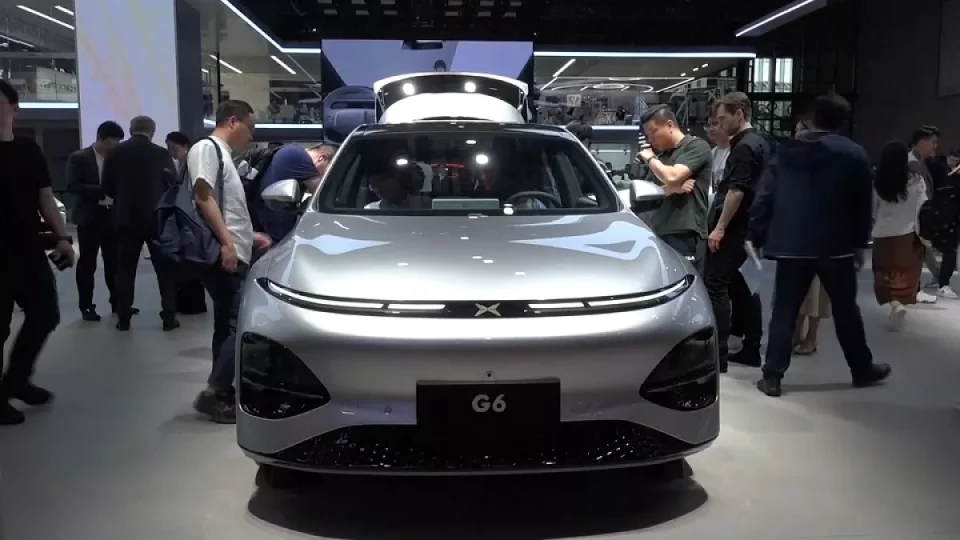FALCON POWERS – EU’s goal to increase domestic manufacturing capacity for net-zero technologies faces stiff competition from China.
Investment in clean technologies such as solar photovoltaics (PV), batteries, wind power, electrolysers and heat pumps soared by 70% last year with China accounting for three-quarters of global investments, according to a report published today (May 6) by the International Energy Agency (IEA) assessing the pace of clean tech manufacturing.
China houses more than 80% of global solar PV module manufacturing capacity and battery production and is the world’s largest exporter of EV batteries, accounting for about 70% of total exports in 2023. The Asian giant currently controls nearly 90% of global capacity for cathode active materials and over 97% of capacity for anode active materials — key battery components for the production of high-quality lithium-ion batteries needed for the production of electric vehicles or energy storage systems.
While the EU and the US account each for 5% of battery production, the IEA expects the capacity accumulated by these three regions, including China, to remain above 90% through 2030.Low-labour costs and state subsidies keep China at the forefront of the clean tech race. Battery, wind and solar PV manufacturing facilities are typically 70% to 130% more expensive to build in the US and Europe than in China, the IEA report suggests, based on plant-level assessments of more than 750 facilities. As a result, solar PV module costs are around 35-65% lower in China than in Europe or the US.

European Commission President Ursula von der Leyen today told Chinese President Xi Jinping that the EU-Sino relationship was “challenged through state-induced overcapacity, unequal market access and overdependencies”, issues set to be discussed by EU leaders and Xi during an official gathering in Paris.
Fatih Birol, IEA executive director, said greater investment was still needed for some technologies and clean energy manufacturing “could be spread more widely” across the globe. Words echoed by Dries Acke, deputy CEO at the Brussels-based SolarPower Europe, who sees the concentration of solar PV manufacturing in one region as a “notable risk”, noting the current oversupply of solar panels “threatens market stability”.
Jules Besnainou, Cleantech for Europe’s executive director recognised the EU’s struggle to scale clean tech despite being a pioneer in innovation.
“Between unfair competition from China and an increasingly subsidised US market, we need to step up our game. This starts with a laser focus on scaling up manufacturing capacity in strategic sectors where we still have tech leadership, and the right de-risking instruments to use public funding for maximum impact,” Besnaiou told Euronews
Lawmaker Christophe Grudler (France/Renew Europe) said the EU can’t afford to become entirely dependent on China for these strategic technologies, referring to the Net-Zero Industry Act (NZIA) as a solution to encourage production in Europe.
“We must respond to unfair competition. I commend the work of the Commission, which is now investigating several potentially illegal Chinese subsidies, for example, in electric vehicles and wind power,” Grudler told Euronews.
The French MEP suggested to extend the carbon border adjustment mechanism to finished products, and to generally “adopt a less naive approach” to Chinese economic dominance.


